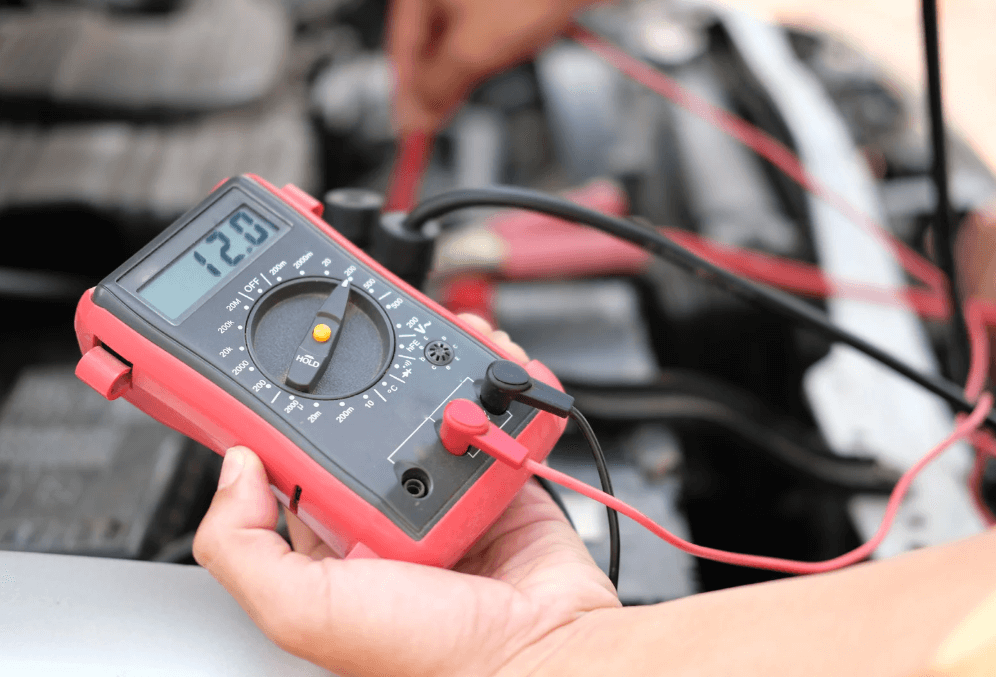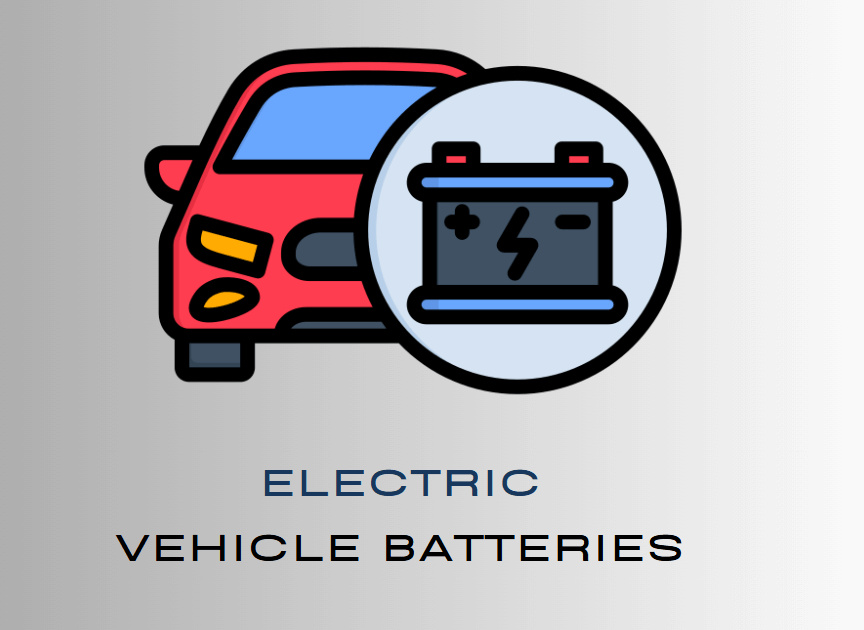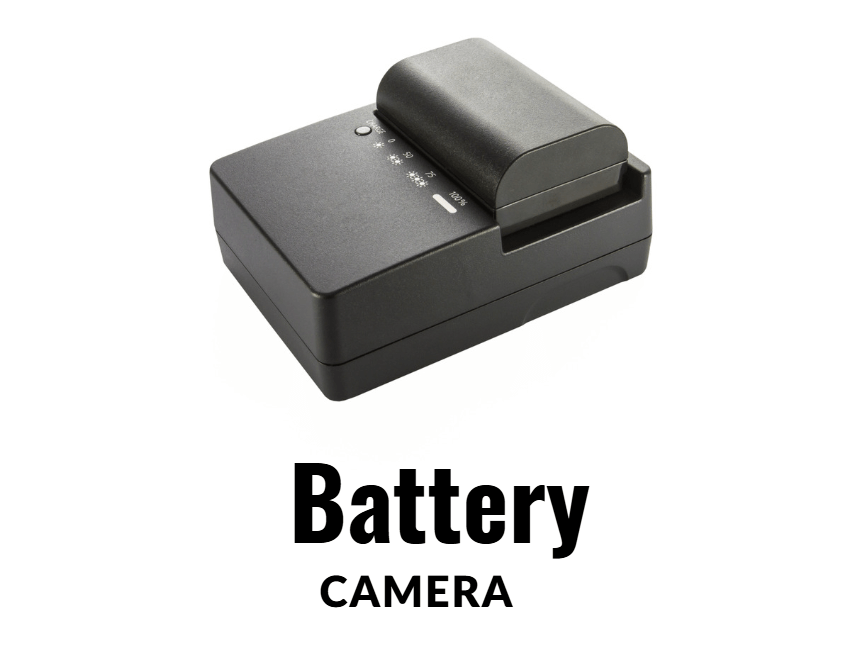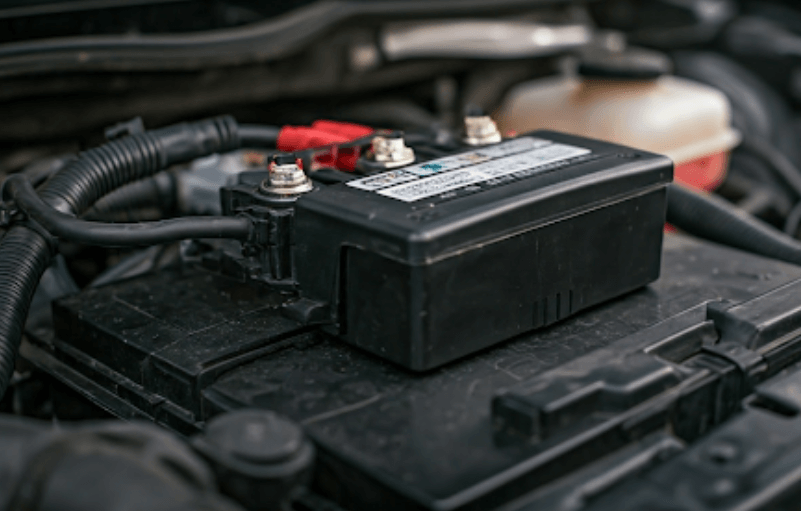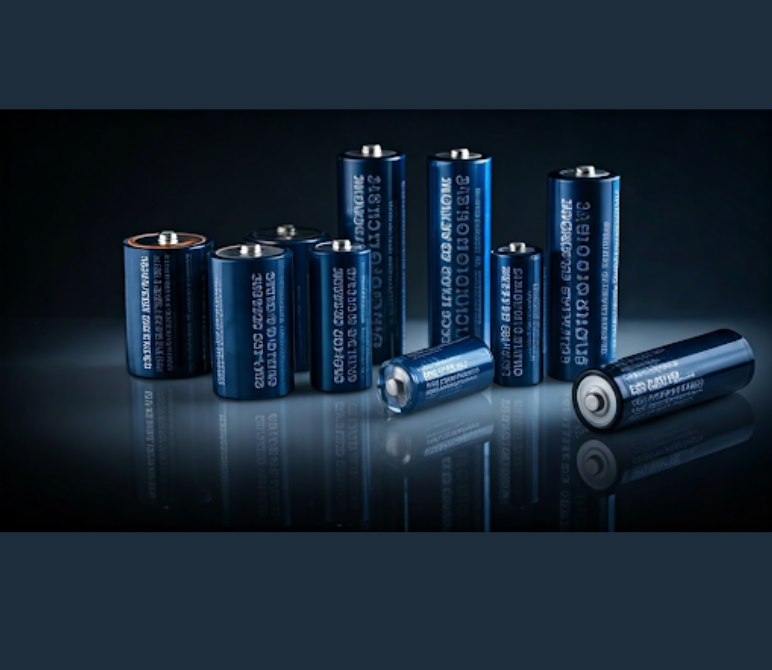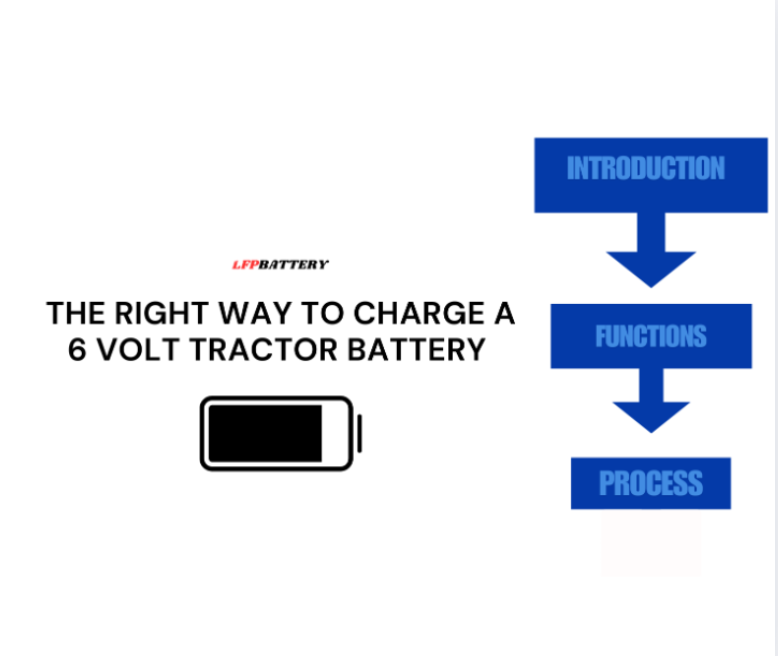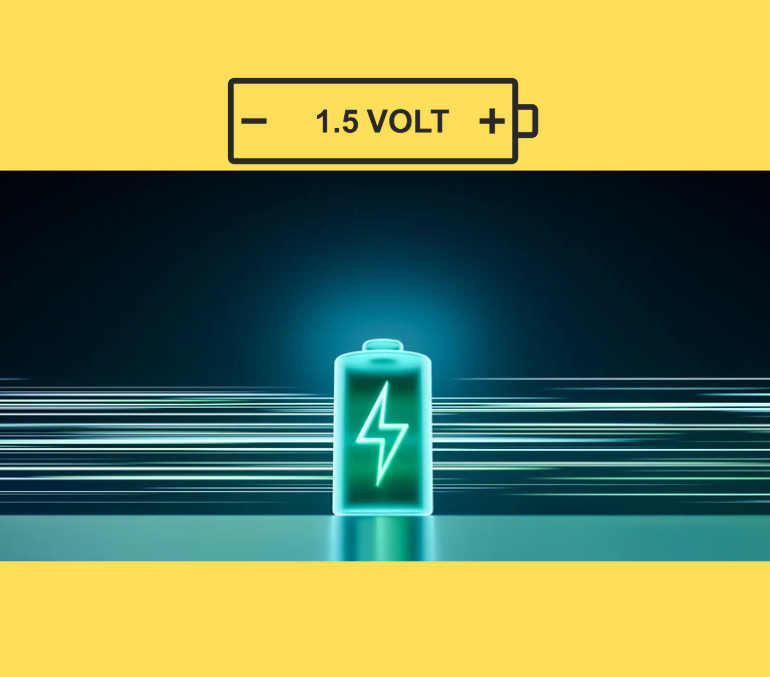
You have a small electronic device, such as a clock, and you need to run it using a battery. You have been given two choices: a lithium battery 1.5-volt or a lithium-ion battery.
Which one do you think will be the perfect choice for your clock? Time is passing. What’s your answer?
Some of you will say, I don’t know. Some will pick one randomly, and others will start searching on Google.
Well, you should choose lithium 1.5 volt batteries in this case.
Now, the question is, what are more “this case” situations? That’s what I am going to tell you today in this content.
In this article, I have written a complete guide of what a 1.5 lithium battery is, why it’s a popular choice, and when to use it.
I will discuss more closely related topics in the middle and last sections, so make sure you read this whole and do not skip anything.
What Does 1.5 V Mean On A Battery?
Do you know what I love about a battery the most? Without it, your electronic gadget would be a piece of shit.
However, we are talking about 1.5 v here, so let’s learn about it first.
Voltage refers to the electrical potential difference between two points.
In simple terms, it’s the ‘push’ that drives electric current through a circuit. It determines how much power a battery can provide to a device.
If you ask me for a simple definition of V, I would say V is the measure of how much energy your battery can transfer to make your gadget work properly.
When a battery says “1.5 V,” it means the battery delivers a steady 1.5 volts of energy to the connected device.
Now, talking about 1.5V lithium batteries, what is lithium?
Lithium is a lightweight, highly reactive metal used in batteries.
Lithium batteries, like AAA batteries, store and release energy using lithium ions.
They are different from alkaline batteries, which use a chemical reaction between zinc and manganese dioxide.
Instead, lithium batteries work through intercalation. It works where lithium ions move between electrodes with the help of an electrolyte.
Wait wait! Too much complicating. So, let’s skip this one!
Why 1.5 Volt is a Popular Choice in Electronics

The 1.5V output voltage, lithium, lithium-ion, etc, from these batteries is a big improvement for electronic devices. This is true, especially for devices that need stable voltage.
When the voltage stays the same, it helps the devices work well and lowers the chance of damage from changes in voltage.
This is a common problem with regular batteries. You should note down the voltage here.
See how important it is.
But choosing a battery that doesn’t match the configuration will just mess up the electron’s flow through your device.
Choosing the wrong battery will disrupt your device’s functionality. That’s why people choose the exact types of batteries mentioned in the gadget packet.
And most small devices require 1.5-volt lithium batteries. That is why 1.5-volt batteries are a popular choice in electronics.
Here are some benefits of using lithium 1.5V output voltage:
Longer Runtime In Small Devices
A higher capacity means your devices can work for longer.
The purpose of using a 1.5-volt battery is that’s the voltage your specific device needs.
So, we give what our device wants. That’s why they last longer than regular batteries and reduce frequent replacements.
Temperature Resistance
Lithium batteries handle heat and cold. They keep your gadgets working at any temperature.
So, what’s the benefit?
The benefit is for people who love outdoor gaming or long traveling.
These battery types are perfect for outdoor devices and tough environments, which is why people love using AA 1.5 volt lithium non-rechargeable batteries.
Lightweight Design
You might know how a TV remote, toy, or small device battery looks.
Do you feel they are lightweight and anyone can easily carry 100’s of them? These batteries weigh less than regular ones.
Ideal for Sensitive Electronics
Many new electronic devices have delicate circuits, and they really benefit from a stable voltage supply.
If you have any small gadgets, try using a lithium battery.
Even if these batteries are not recommended, they won’t harm your device while testing.
These are just a very few reasons of why aa 1.5 volt lithium battery has so much demand in the market. Let’s move on to the next section but I won’t write much here.
How Does Energizer Lithium Battery Get 1.5 Volt
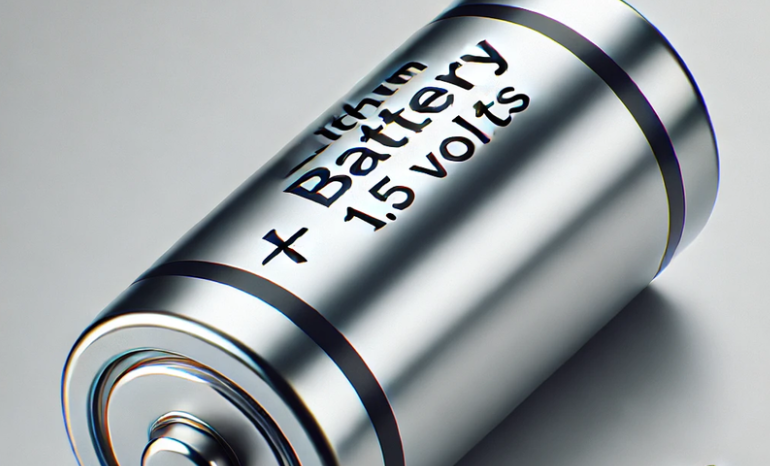
Energizer is a well-known brand that produces high-quality batteries. If you don’t know yet, Energizer lithium batteries are designed to deliver a steady 1.5 volts.
Steady? Yes!
Their nominal voltage is 1.5V, but fresh batteries often read higher. This sometimes goes around 1.8V or even up to 2.0V under no load.
This higher voltage happens because of the chemistry inside the battery.
Alkaline batteries also have a nominal 1.5V but tend to start lower first. Then goes around 1.65V when fresh.
Most devices handle these small differences easily unless they’re super sensitive to voltage changes.
Final Thoughts
I hope I have given you some valid reasons above about why people choose lithium 1.5V batteries. We want to avoid all the risks and be on the safe side, and that’s what happens here, too.
Do you need your device to last longer? Use lithium 1.5 volt batteries.
Or you might be more careful about your device, and you want to monitor the overcharging situation. Our highly advanced technology has such a solution, too integrated with Lithium and the device.
So, tell me, why won’t this be a popular choice for general people?
Whatever it is, at least you now know the basics about lithium batteries, right? Next time, we will also discuss the other types.
Make sure you visit our website regularly. Otherwise, who knows, my article might help you with future battery problems.
Frequently Asked Questions
Can 1.5V lithium batteries be recharged?
1.5V lithium batteries can be recharged. This is different from disposable alkaline batteries that you only use once. Brands such as XTAR sell various rechargeable lithium-ion batteries.
Can you buy 1.5 volt lithium D cell batteries?
100% you can. In fact, I can see a lot of websites appearing when searching for lithium-ion D cell batteries, including Amazon.
Why doesn’t my lithium-ion battery charge to 1.5 volts?
Lithium-ion batteries don’t charge to 1.5 volts because they are designed differently from lithium 1.5V batteries. The voltage of a lithium-ion battery typically ranges between 3.2V to 4.2V per cell.
If your device needs 1.5V batteries, lithium-ion options won’t be suitable without a voltage regulator. Always match the battery type to your device’s requirements for proper function and safety.



